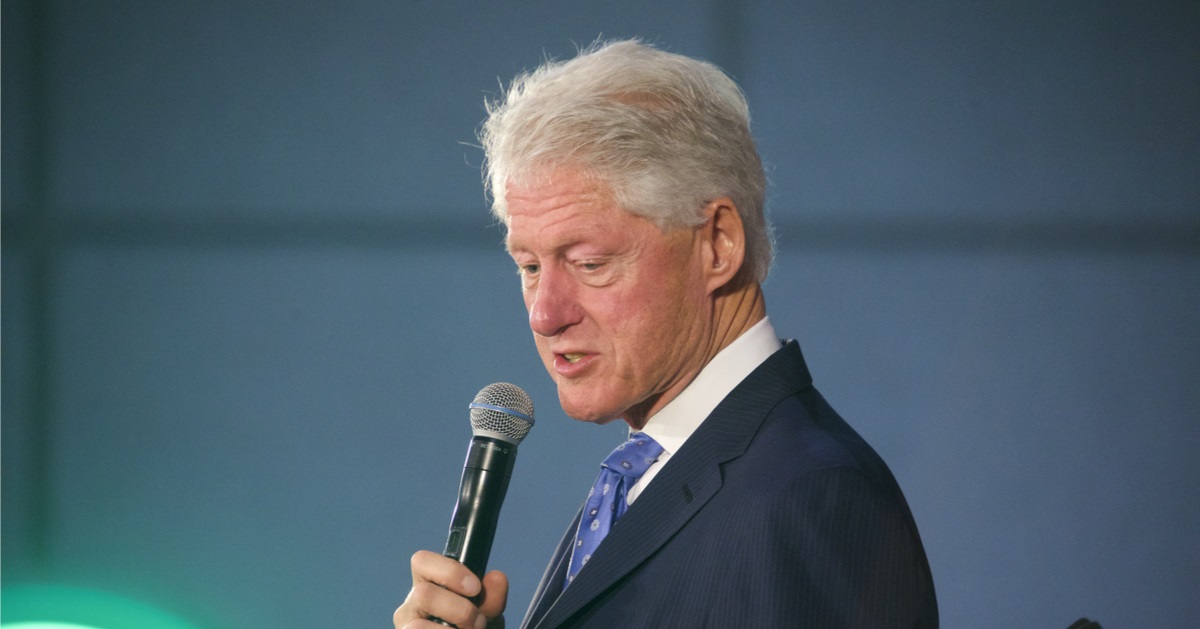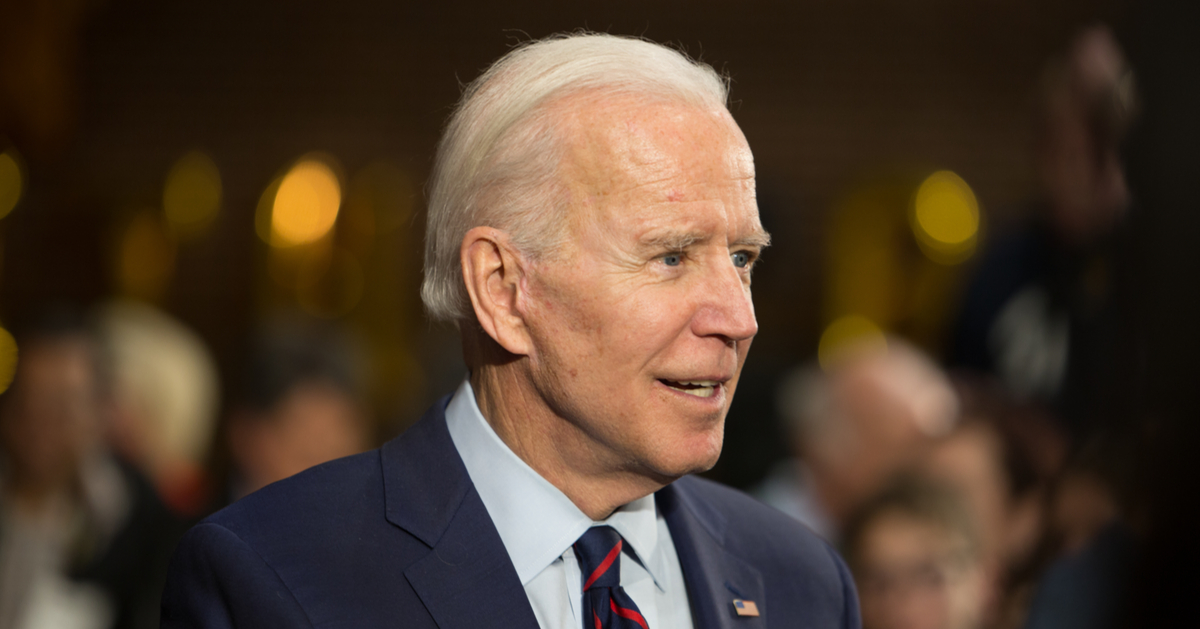DOJ continues to pursue obstruction charges against January 6th defendants despite Supreme Court ruling
The Justice Department isn't giving up on prosecuting January 6th participants for obstruction of an official proceeding, even after the Supreme Court raised the bar for charging protesters under the obstruction law.
In a court filing this week, the DOJ said it can still prove its obstruction case against an Ohio couple, Don and Shawndale Chilcoat.
The DOJ has charged hundreds of January 6th participants with obstruction of an official proceeding, a felony that carries up to a 20-year sentence.
Biden's DOJ doubles down
The Supreme Court ruled in June that the DOJ had stretched the obstruction law, which was passed in the wake of the Enron scandal to criminalize actions like shredding documents.
In a 6-3 opinion, the court said the obstruction crime only applies to defendants who attempt to destroy physical evidence.
For the first time since the court's ruling in Fischer v. United States, the DOJ has given a clear signal it will continue to press obstruction charges.
The DOJ claims charges against Don and Shawndale Chilcoat still hold up because the evidence shows their intent to impair electoral college votes.
The Chilcoats entered the Senate floor and took selfies during the riot, which delayed the certification of the 2020 election.
Prosecutors tailor argument
According to DOJ, the Chilcoats were "aware that this proceeding involved records, documents, or other things—specifically, the electoral votes that Congress was to consider.”
“From this evidence, the jury certainly will be able to infer that Shawndale Chilcoat attempted to impair the availability of the electoral college votes which Congress was to consider,” prosecutors wrote. “The jury can also infer, based on the defendants’ joint conduct and their relationship, that Donald Chilcoat did, too.”
The DOJ's new approach follows a path laid out by Ketanji Brown Jackson in her concurring opinion in Fischer.
Jackson surprised many by siding with the conservatives, but she also suggested prosecutors could use the obstruction law if they had evidence of defendants intending to impair physical documents used to certify the election.
“That issue remains available for the lower courts to determine,” Jackson wrote.
Special Counsel Jack Smith stretched the obstruction statute to charge President Trump in his January 6th case, which is in limbo as a result of a different Supreme Court ruling on immunity.



